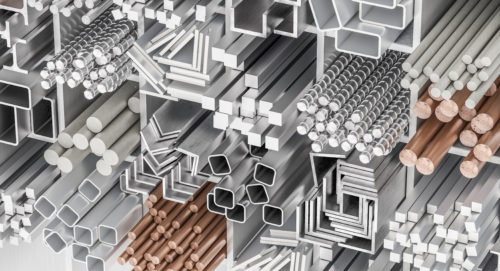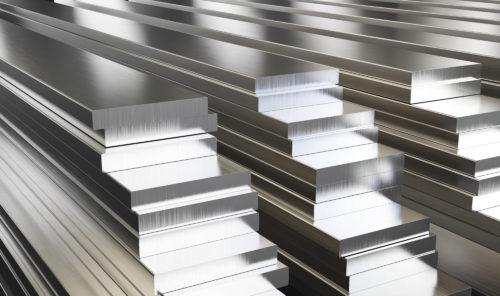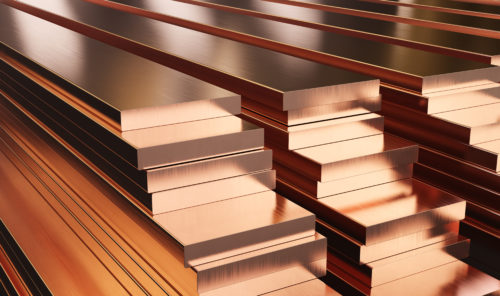CNC machining is a highly repeatable and accurate manufacturing process for creating parts ranging from prototype to high-volume production runs. CNC tooling uses pre-programmed instructions to cut a solid block of material into the desired part. The versatility of this process makes it suitable for a wide range of applications and their specific requirements. While CNC machining is adaptable, it’s important to start with the right material to achieve the desired finished product.
Material Selection Process
It can be a challenge to figure out which material is the perfect fit for your application. To ensure that your material selection is best for your specific project, it is crucial to follow these steps:
1.Define material requirements. Material selection begins with defining your material requirements. Consider factors such as the electrical and environmental conditions of your application, part size requirements, desired mechanical properties, cosmetic preferences, and cost requirements.
2.Identify top material candidates. Once you have defined your material requirements, narrow down your selection to materials that fulfill those needs.
3.Select the final material. Once you have identified your top material candidates, it’s time to make the final decision. This might mean a compromise between two or more material requirements.
Common Materials Used for CNC Machining
Choosing the material for your CNC machining project can be challenging, so it can be extremely beneficial to consult an expert. Experts can understand your project and its specific requirements and suggest an appropriate material.
Some of the most common materials used in CNC machining include:
Aluminum
Aluminum is a cost-effective, versatile material that is easily machined, making it suitable for a wide range of machining projects. It has a good strength-to-weight ratio, and machining for aluminum parts is quicker than other materials. Although it’s weaker than steel, anodizing aluminum adds a hard, protective layer.
Brass
Because of its highly polished look that’s similar to gold, brass is often found in cosmetic applications, such as architecture projects. It’s easy to machine due to its stability and low strength. Brass is also a good choice for low friction applications because of its electrical conductivity.
Carbon Steel
Considered mild-grade steel, carbon steel is stronger, tougher, and cheaper than stainless steel. It’s easy to machine and weld and is commonly used for industrial applications requiring a high degrees of toughness and strength. Carbon steel can also be heat treated to enhance hardness.
Copper
Regarded as the best electrical conductor, copper is perfect for various automotive applications such as cooling and heating exchanges. Copper also features good corrosion resistance, and its thermal conductivity makes it easily shaped during CNC machining.
Nickel
Nickel is a difficult alloy to a machine, as it produces high levels of heat when cut, and its strength provides resistance to metal removal. However, this material is desirable due to its aqueous corrosion resistance and strength.
Titanium
Titanium has a high melting point making it ideal for a wide range of industries, including aerospace and medical. This strong but lightweight metal is a good conductor of heat, and its corrosion resistance properties provide protection against salt and water.
Stainless Steel
Stainless steel comes in many grades and features great corrosion and wear resistance, high strength, and good ductility. This material is easily machined, welded, and polished, and its desirable features make it ideal for the aerospace and automotive industries.
CNC Machining with EMC Precision
CNC machining is popular across a wide variety of industries, and choosing the right material is crucial in ensuring a quality finished product. At EMC Precision, our CNC machining capabilities include a wide range of materials to suit the various needs of our customers. With a lineup of advanced CNC machining equipment and a commitment to precision, we can handle machining projects ranging from prototype orders to high-volume production runs.
For help finding the right material for your CNC machining project, contact us today, or request a quote to start your order.












